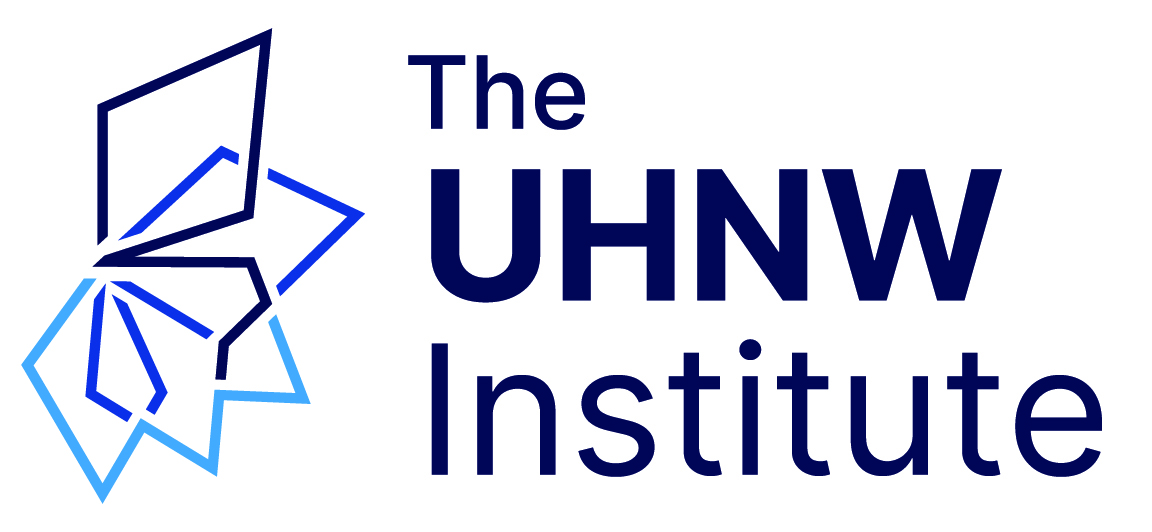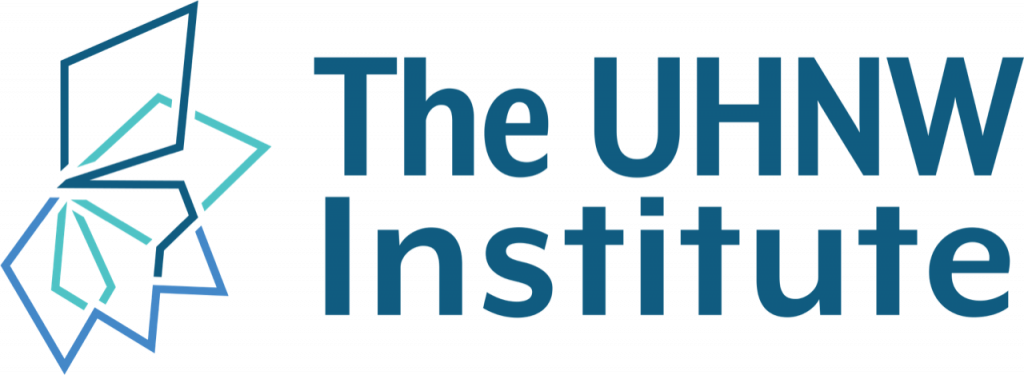Family Office Solutions For Physical And Health Issues
Previously published by Family Wealth Report on March 8, 2021.
Families often need to be supported so they can work through complicated medical and psychiatric problems, and handle sometimes fraught conversations when problems arise. The author of this article sets out pointers.
The physical and mental wellbeing of citizens has been under the spotlight as never before during the pandemic. And understanding how to handle these issues can be particularly tough for some families, and advisors working with them must find the expertise to help.
There is a need for families, family office professionals and other advisors to get to grips with the subject of “care management”, to understand sometimes urgent and complex situations. To that end, the UHNW Institute has produced a white paper, Family Office Solutions for Physical and Health Issues, which examines how to understand and use care management for families. It is written by Arden O’Connor, chief executive of O’Connor Professional Group.
Health is a great leveler and medical and psychiatric problems are no respecters of net wealth, she writes.
“Although these families can afford world-class care, they often need support to help navigate complex medical and psychiatric systems and address underlying family issues. At the same time, family offices and private wealth advisory firms face a tough balance: how to raise difficult conversations without overstepping the boundaries of their roles,” O’Connor said. “Offering a wide array of expertise, care managers can serve as trusted partners to family office professionals, helping solve some of the most challenging health and well-being issues.”
The 12-page paper starts with the case of a family, called the “Smiths,” where a parent is diagnosed with Alzheimer’s disease and another, who lives in a care home, is diagnosed with a form of cancer. The paper explores how family members cope with the parent’s fall at the care home, and how they talk to one another about what needs to be done. The brief story then shows how family members try to get guidance on what to do, and their talk with a wealth advisor. In that case the advisor, who is an investment professional, thinks he is ill-equipped to handle areas such as healthcare.
“Most families are like the Smiths in that one of the adult siblings unwittingly and begrudgingly gets identified as point person, responsible for coordinating care, monitoring progress, and troubleshooting,” O’Connor writes in the paper.
The rest of the paper explores the role of care providers and how they can guide families; how families can vet providers, advocacy and logistical support; managing family dynamics (such as when family members don’t talk to one another regularly); clinical guidance; communication, and legal and financial implications. The paper also suggests how advisors can introduce the concept of care management to families.

